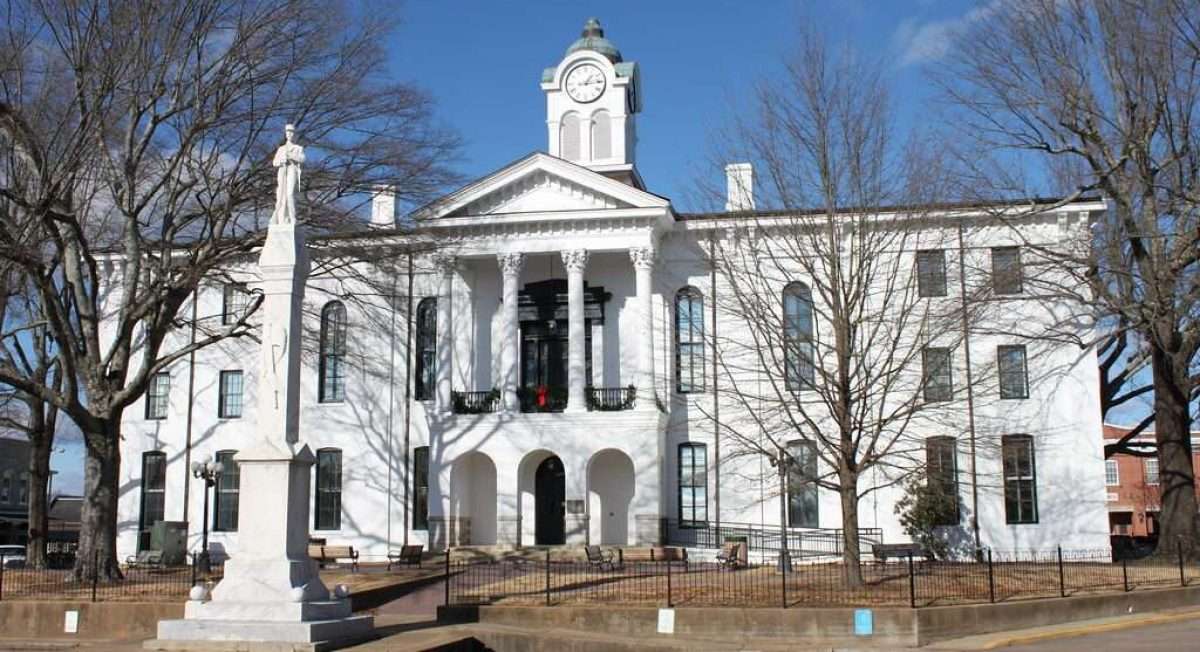THE FIRST AMENDMENT
The First Amendment is what guarantees us as citizens Freedom of Speech, Freedom of the Press, and the Right to petition our Government for a redress of grievances. It also protects the right to gather information about what public officials do on public property, and specifically, a right to record matters of public interest. The act of making an audio or audiovisual recording is necessarily included within the First Amendment’s guarantee of speech and press rights as a corollary of the right to disseminate the resulting recording. The Supreme Court has established that the right to publish or broadcast an audio or audiovisual recording would be insecure, or largely ineffective, if the antecedent act of making the recording is wholly unprotected. That means that recording a video or taking still pictures in all publicly accessible spaces is fully protected under the First amendment.
THE FIRST AMENDMENT AUDIT
The primary purpose of First Amendment Audits should always be to serve as a necessary check and balance for Government Officials and Employees by providing much needed transparency into those whom Govern us as citizens. More often than not these audits involve the educating of other citizens, Government Employees and Officials, and even law enforcement officers on all rights protected under the First Amendment.
“Cheat Sheet” of Applicable Case Law Auditors should familiarize themselves with, and recite if needed
We conclude that First Amendment principles, controlling authority, and persuasive precedent demonstrate that a First Amendment right to record the police does exist, subject only to reasonable time, place, and manner restrictions. Turner v. Driver, No. 16-10312 (5th Cir. 2017)
The First Amendment protects the right to gather information about what public officials do on public property, and specifically, a right to record matters of public interest. Smith v. City of Cumming, 212 F.3d 1332 (11th Cir. 2000)
Recording police and other government officials in the discharge of their duties is explicitly allowed. Glik v. Cunniffe, No. 10-1764 (1st Cir. 2011)
Freedom of the press includes the right to record video and audio Am. Civil Liberties Union of IL v. Alvarez, No. 11-1286 (7th Cir. 2012)
Prior to detaining anyone, law enforcement must have a particularized and objective basis for suspecting the particular person of criminal activity. United States v. Cortez, 449 U.S. 411 (1981)
Credentials are not needed to be considered press in the context of the First Amendment. Lovell v. City of Griffin, 303 U.S. 444 (1938)
It is a crime for government officials to deprive anyone of their constitutional rights Title 18, U.S.C., Section 242
A citizen’s right to film government officials, including law enforcement officers, in the discharge of their duties in a public space was a basic, vital, and well-established liberty safeguarded by the First Amendment. Glik v. Cunniffe – 655 F.3d 78 (1st Cir. 2011)
The U.S. Supreme Court ruled that refusal to identify is a crime only where: 1) there is a valid detention; and 2) there is a state statute making refusal to identify a crime. Hiibel v. Sixth Judicial Court of Nevada 542 U.S. 177
The “use of foul language” or “flipping an officer off” did not constitute “probable cause” to arrest an individual. Cohen v. California, 403 U.S. 15 (1971)
Criminalizing all nonconsensual audio recording necessarily limits the information that might later be published or broadcast — whether to the general public or to a single family member or friend — and thus burdens First Amendment rights. ACLU v. Alvarez, 679 F.3d 583 (7th Cir. 2012).
IF YOU HAVE ANY CASE LAW FOR ANYTHING NOT LISTED PLEASE EMAIL [email protected] SO IT CAN BE ADDED TO THIS PAGE.
New Audits listed below:


